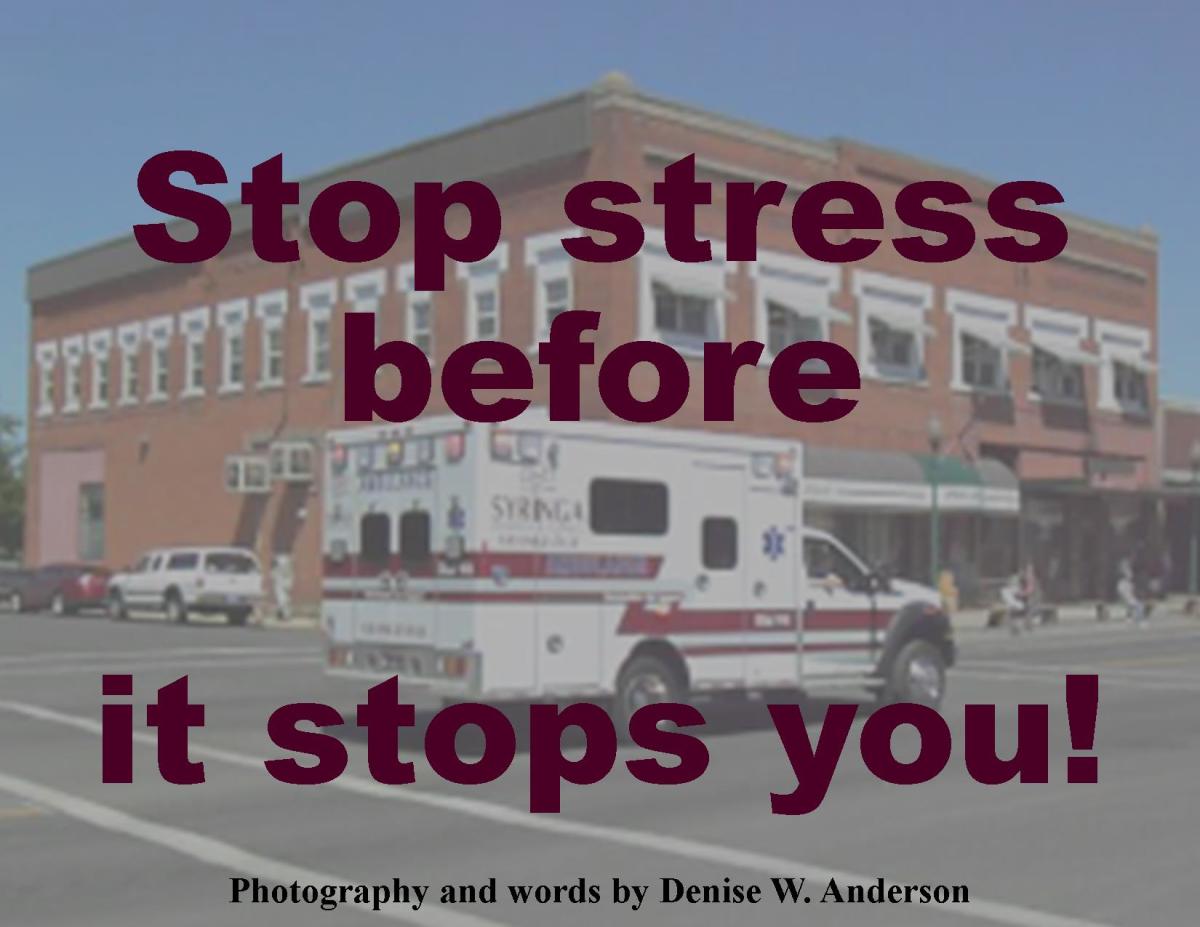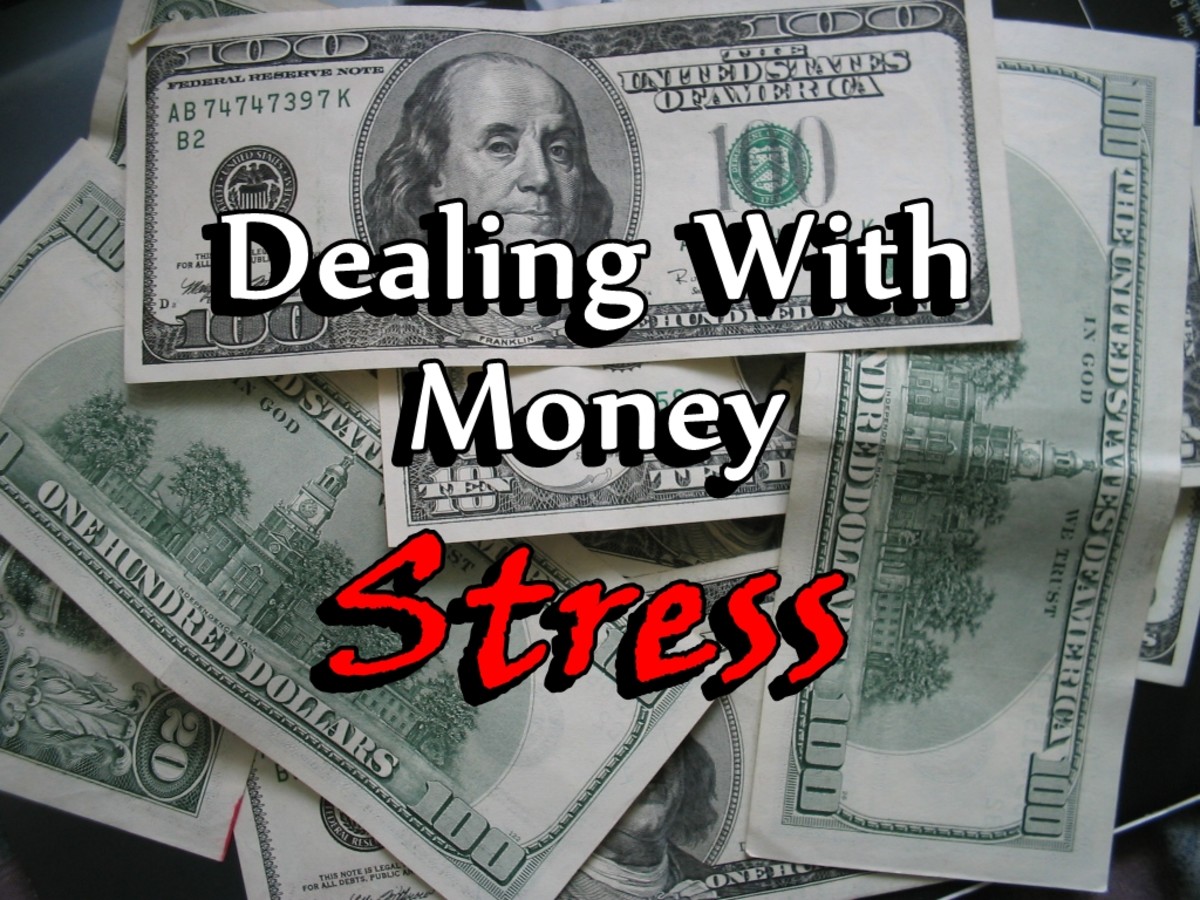- HubPages»
- Health»
- Mental Health»
- Stress Management
Awesome Stress Relief Techniques
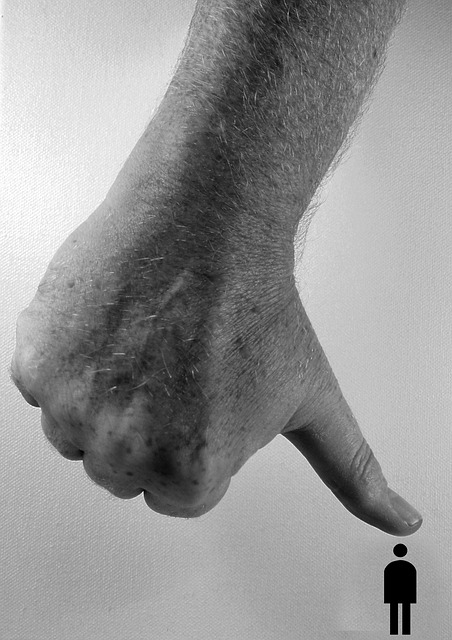
In Mozart's day, apparently, the city of Vienna was so quiet that they used to give the fire alarms verbally. That conjures up a vision of peace and tranquility, and yet if you watch the movie Amadeus that's not the impression you get.
Stress isn't about the amount of noise or activity that's going on around you; it's about the way you react to it. Stress can be simply defined as the way you feel when you're under pressure, and particularly more pressure than you're used to being under. When the pressure gets too great, something has to give.
Below you'll find some simple but effective techniques for releasing the pressure and alleviating stress from your life. First, though, let's find out how all that pressure and stress affects us.
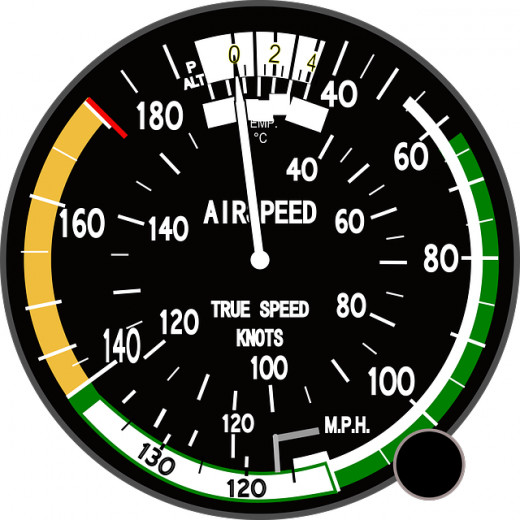
How Stress Shows Itself
When you're stressed, your body and mind react. Perhaps the best way to understand these reactions is to demonstrate what they actually do to you. Once you know that, you can take steps to address the balance.
For the purposes of this article, let's say that stress alters the way you feel, the way you think, and the way you behave.
- The way you feel - Your brain produces more adrenalin and noradrenalin as part of your built-in "fight or flight" response. Your heart rate increases, as does the rate at which you perspire. The blood flow to your skin and extremities is reduced in preparation for you to act. Non-essential functions like stomach activity are curtailed as your body gets ready for you to either fight for your life or run away from whatever is threatening you.
- The way you think - Stress can be emotionally draining. Fear, anxiety, anger and frustration get mixed up in an emotive cocktail, adding to your physical symptoms and making you feel even worse. The mixture of the two can lead to giddiness and light-headedness, bring on heart palpitations and headaches, and cause you to worry even more about the state you're in.
- The way you behave - Naturally, if you're going through all of the above, you're not going to be yourself. You might become irritable or inflexible. You might find it difficult to get to sleep with so much on your mind. Some people become more aggressive when the pressure gets too intense, while others become withdrawn and indecisive.

Stress Coping Mechanisms
We can all recognize these symptoms, and most of us have probably experienced one or all of them at some point. Stress is an essential part of our lives, letting us know when it's time to make a change. Here are a few mechanisms you can put into place to help you cope with stress and keep yourself on an even keel.
Practice relaxing - Take time out for yourself every day, even for just a few minutes. Take deep breaths, exhale slowly, and let the stress drain away. Close your eyes and try to relax as many muscles as you can, letting your arms hang down, your shoulders fall, and thinking only about how you feel at that very moment.
Slow down - Are you working too hard? Trying to do the impossible? Forcing yourself to complete jobs that you know can't be done in the time allowed? Then stop, prioritize, and do one thing really well. Give yourself a pat on the back and tick it off the job sheet.
Identify problems - What's causing you to feel stressed? Is it your job, your relationship, or your financial situation? Find the reason behind your anxiety and take one small step towards resolving it. Do whatever it takes to help stabilize your system once more.
Change your lifestyle - Are you a caffeine addict? Do you skip meals? Is exercise a four-letter word? Are you finding it difficult to get to sleep? Again, make one small change that will help you regain your equilibrium. Make a list of things that need to be altered, and then tick them off as and when you've accomplished them. Keep it simple so you can achieve it, such as taking a walk twice a week, drinking water instead of coffee between meals, visiting your doctor for advice on sleeping better, eating regular meals at least five days out of seven, and so on.
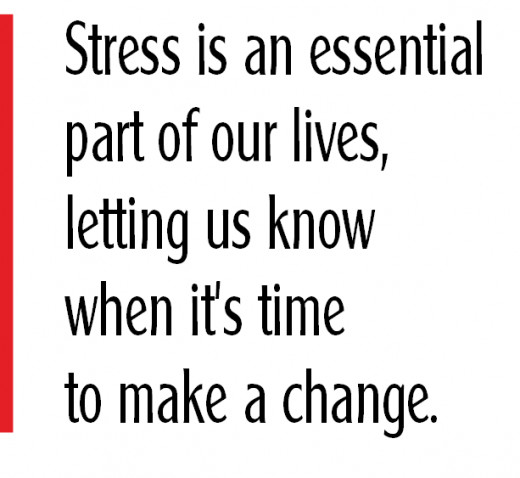
Simple Stress Solutions
Stress can cause serious health problems if left to fester for too long. The trick is to try to stop it from building up to the point where you're ready to tear your hair out.
Try instead to do something, no matter how basic, every single day. Be proactive in your approach so that stress is something you learn to cope with regularly, and not something you have to deal with when it gets totally out of proportion.
These suggestions are simple, but they're supposed to be. A change is as good as a rest, as they say, and if it helps you cope with what's happening around you, it's got to be worth a try.
- Take a break - Get out of the work environment. Go to the bathroom, have a drink of water, and breathe deeply.
- Look out of the window - Sneak a peek at the world outside and remember the bigger picture.
- Focus on something good - Take ten or fifteen seconds to think of something in your life that really excites you.
- Message someone - Send a text or email to someone you love, or someone who always cheers you up.
- Laugh more - Find something funny online or in a magazine or newspaper to lighten your mood. Share it with someone if possible.
- Go outside - Get some fresh air, listen to the birds, walk round the block and leave your worries behind for just a few minutes.
Stress Can Also Be Good!
Research indicates that a little bit of stress helps us perform better. We need deadlines, or we'll never reach them. We need to get to the train on time or we'll miss it. We need a shot of adrenalin every now and then to give us the energy to get things done.
Stress helps us do better at job interviews or performing in public, whether that's public speaking, singing, or playing a musical instrument. The same chemicals responsible for the "fight or flight" mechanism will also keep us on our toes and help us reach our full potential. Stress only becomes a problem when there's too much of it.
If stress is becoming an issue in your life, take steps to deal with it now. Talk to a friend or partner, or visit your family doctor. Stress is not a disease, and most of the time you can find simple solutions to alleviate it.
About JohnMello
I'm a freelance writer, author, musician and composer. Visit my self help blog at http://theselfhelpzone.blogspot.co.uk/ for lots of freebies.
Relax: It's Only a Quiz!
view quiz statisticsSee also:
- Definition of Panic Attack
What are panic attacks? What causes them and how does panic manifest itself? Find out how your body and mind make changes that can be disorienting and leave you feeling isolated and helpless. - The Four Types of Stress
Find out how to cope with stress more effectively by knowing what kind of stress you're experiencing!




